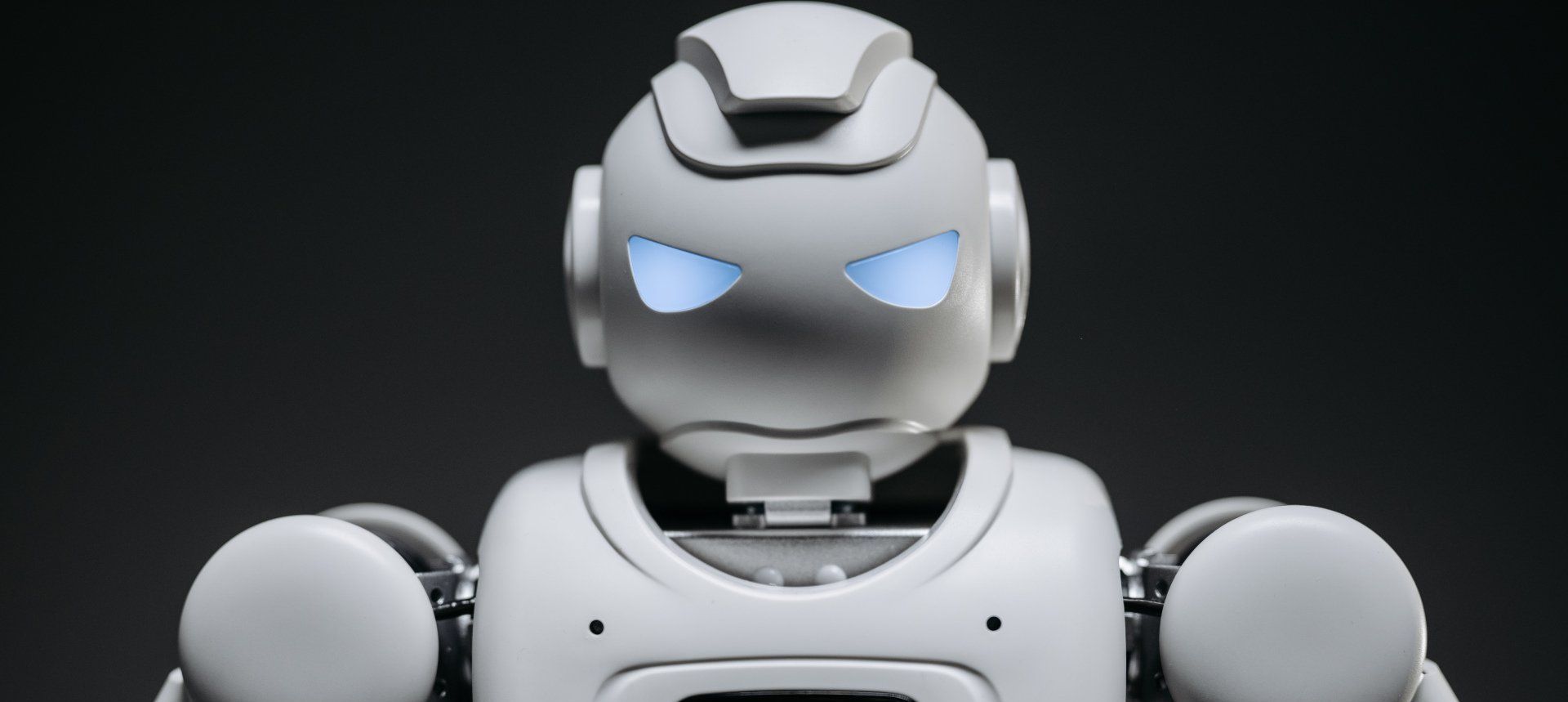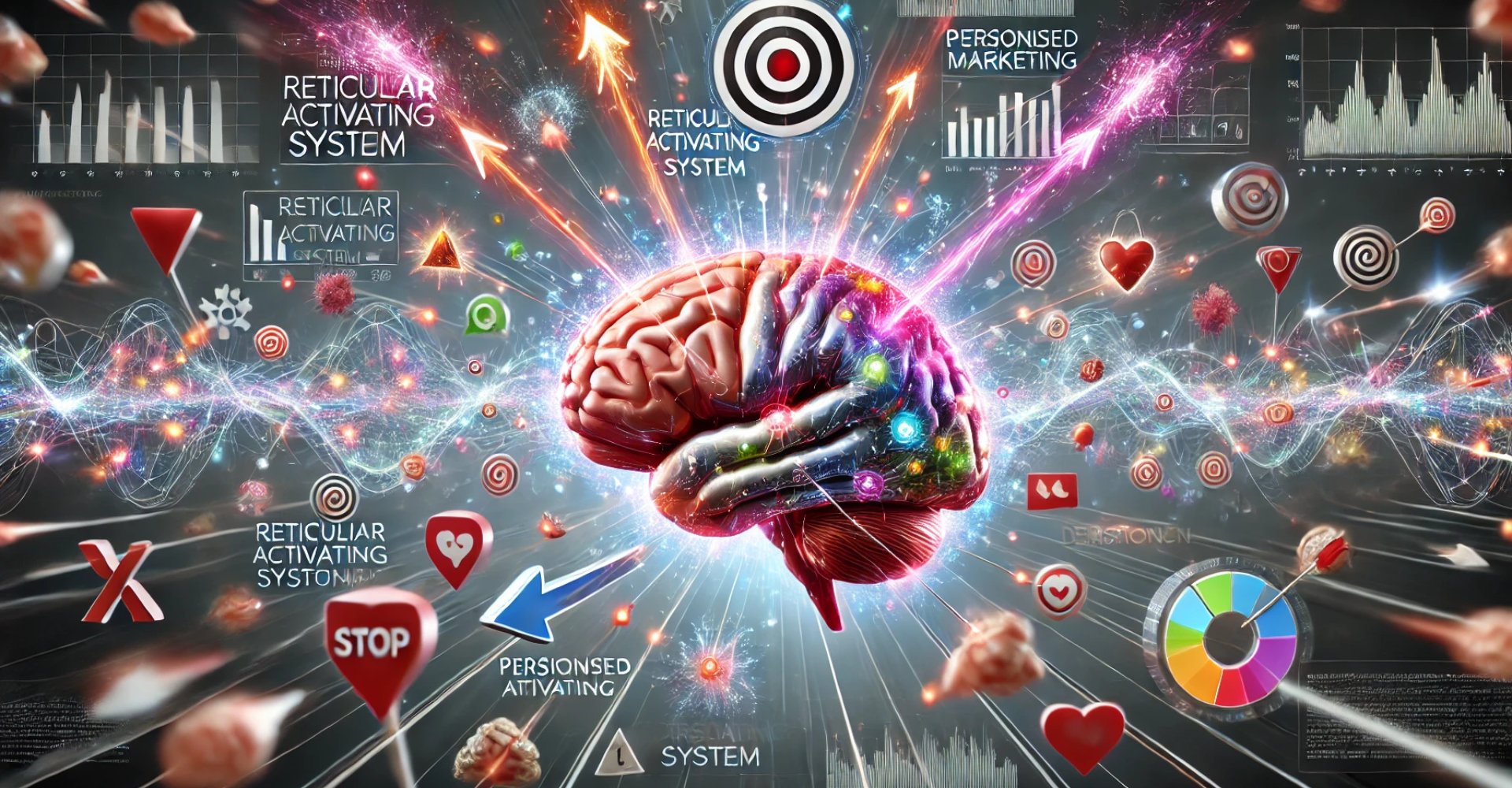Embracing AI for Enhanced Advertising Conversions: A Game-Changer for Marketers
Unleashing the Potential of AI: Revolutionizing Advertising Strategies for Optimal Conversions

In the dynamic landscape of advertising, the integration of Artificial Intelligence (AI) has emerged as a pivotal force, transforming how marketers strategize, engage audiences, and drive conversions. The intersection of AI and advertising isn't merely a trend but a paradigm shift that empowers marketers to achieve unprecedented levels of precision, personalization, and performance.
Understanding Consumer Behavior with AI:
AI-driven analytics provide marketers with invaluable insights into consumer behavior. By analyzing vast datasets in real-time, AI algorithms unveil patterns, preferences, and trends that might otherwise remain obscured. This deeper understanding enables marketers to create highly targeted campaigns tailored to specific demographics, preferences, and purchasing behaviors.
Enhanced Personalization:
Personalization stands as the cornerstone of effective advertising. AI excels in this realm by leveraging machine learning algorithms to craft personalized experiences for each consumer. From product recommendations based on browsing history to personalized content delivery, AI enhances engagement by delivering relevant messages at the right moment.
Optimizing Ad Campaigns:
The ability of AI to optimize advertising campaigns is unparalleled. AI algorithms continuously analyze campaign performance, adjusting strategies in real-time for maximum impact. Whether it's A/B testing ad creatives, refining audience targeting, or optimizing bidding strategies, AI empowers marketers to maximize their advertising ROI.
Chatbots and Customer Service:
AI-driven chatbots have redefined customer service in the advertising landscape. These intelligent bots provide instant responses, address queries, and guide consumers through the sales funnel, significantly improving customer experience and retention.
Predictive Analysis and Decision-making:
By harnessing predictive analysis, AI enables marketers to forecast trends and consumer behavior, facilitating proactive decision-making. This foresight allows for agile adjustments to marketing strategies, ensuring alignment with evolving market dynamics.
Google's Stance on AI-Generated Content:
Importantly, Google does not penalize websites for using AI-generated content; rather, the emphasis lies on quality. Google's algorithms prioritize content that adds genuine value to users, irrespective of whether it's AI-generated or human-created. As long as the content meets high-quality standards, offers valuable insights, and is relevant to users, it is likely to rank well in search results.
Ethical Considerations and Transparency:
While AI offers incredible capabilities, ethical considerations are crucial. Marketers must ensure transparency in the use of AI, respecting consumer privacy, and maintaining trust. Striking the balance between personalization and privacy is vital to building lasting relationships with consumers.
The Future of AI in Advertising:
The future promises even greater integration of AI in advertising. Advancements in Natural Language Processing (NLP), computer vision, and AI-driven creativity will further revolutionize advertising strategies, enabling marketers to deliver more immersive, emotionally resonant, and impactful campaigns.
In conclusion, embracing AI in advertising isn't merely an option but a necessity for marketers striving for enhanced conversions and sustainable growth. Leveraging the power of AI-driven insights, personalization, optimization, and predictive analysis enables marketers to navigate the ever-evolving landscape of advertising, driving conversions and creating lasting connections with consumers. As AI continues to evolve, it will undoubtedly remain a cornerstone of successful advertising strategies.
Would you like to explore any other specific aspect related to AI in advertising or discuss further details regarding Google's approach to AI-generated content and quality?












